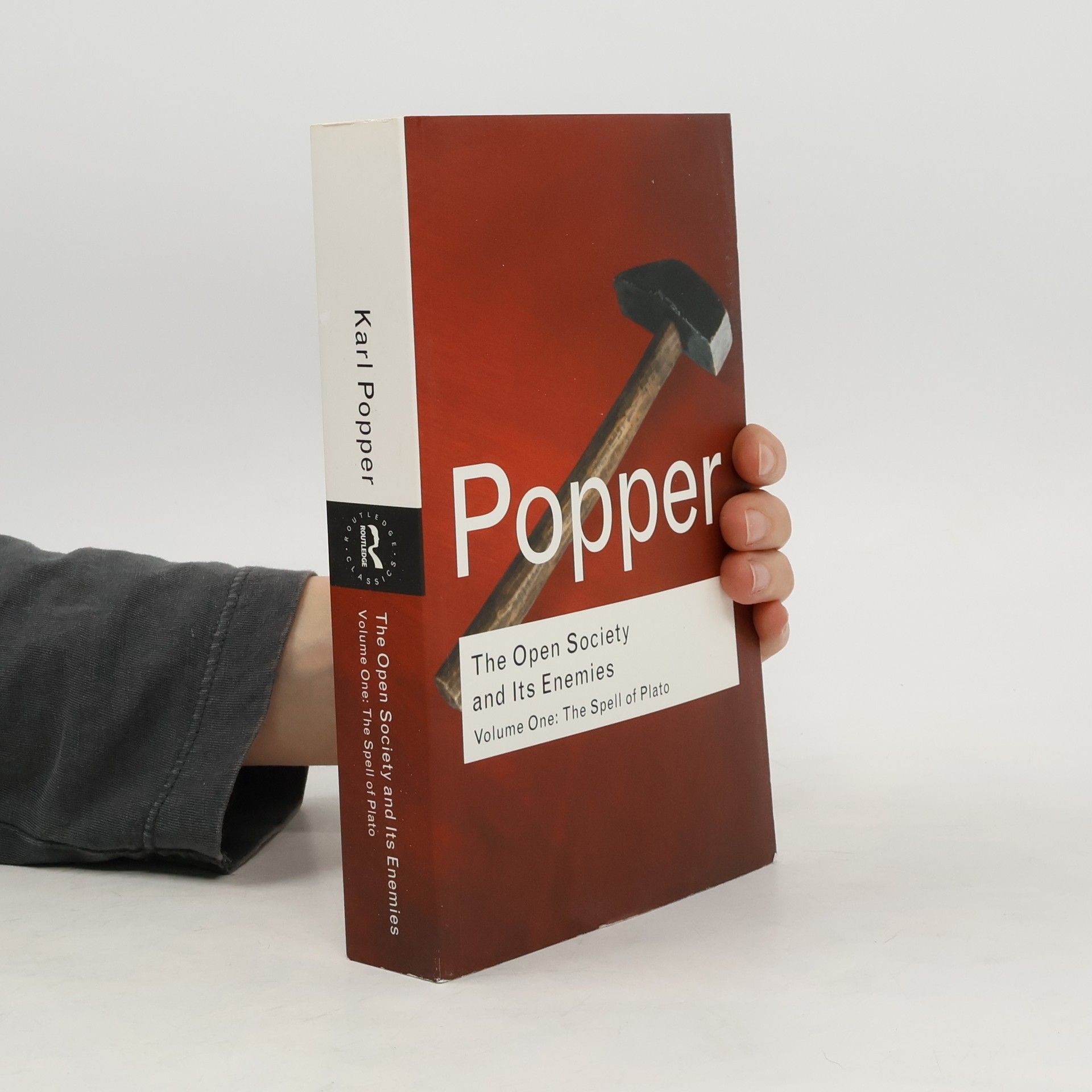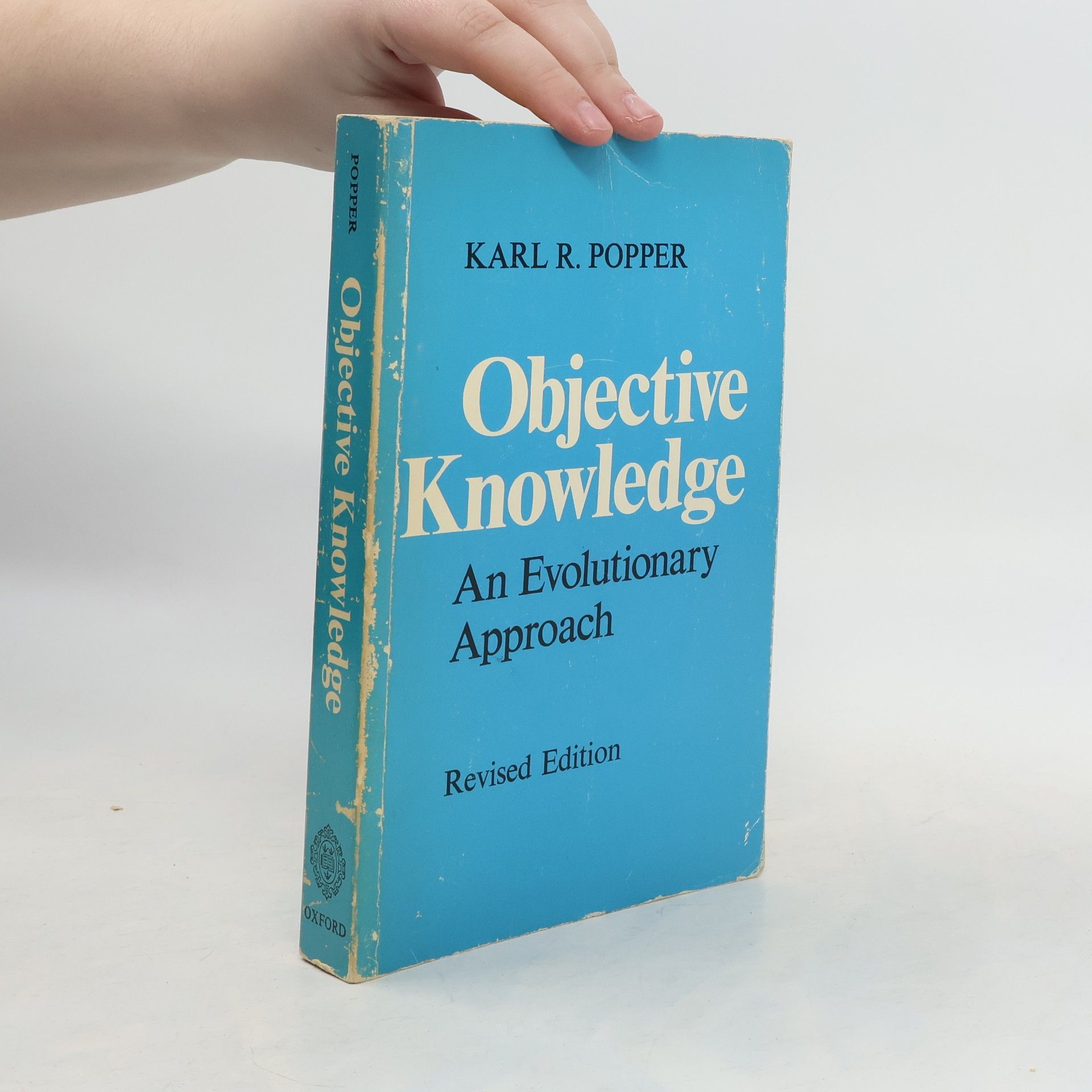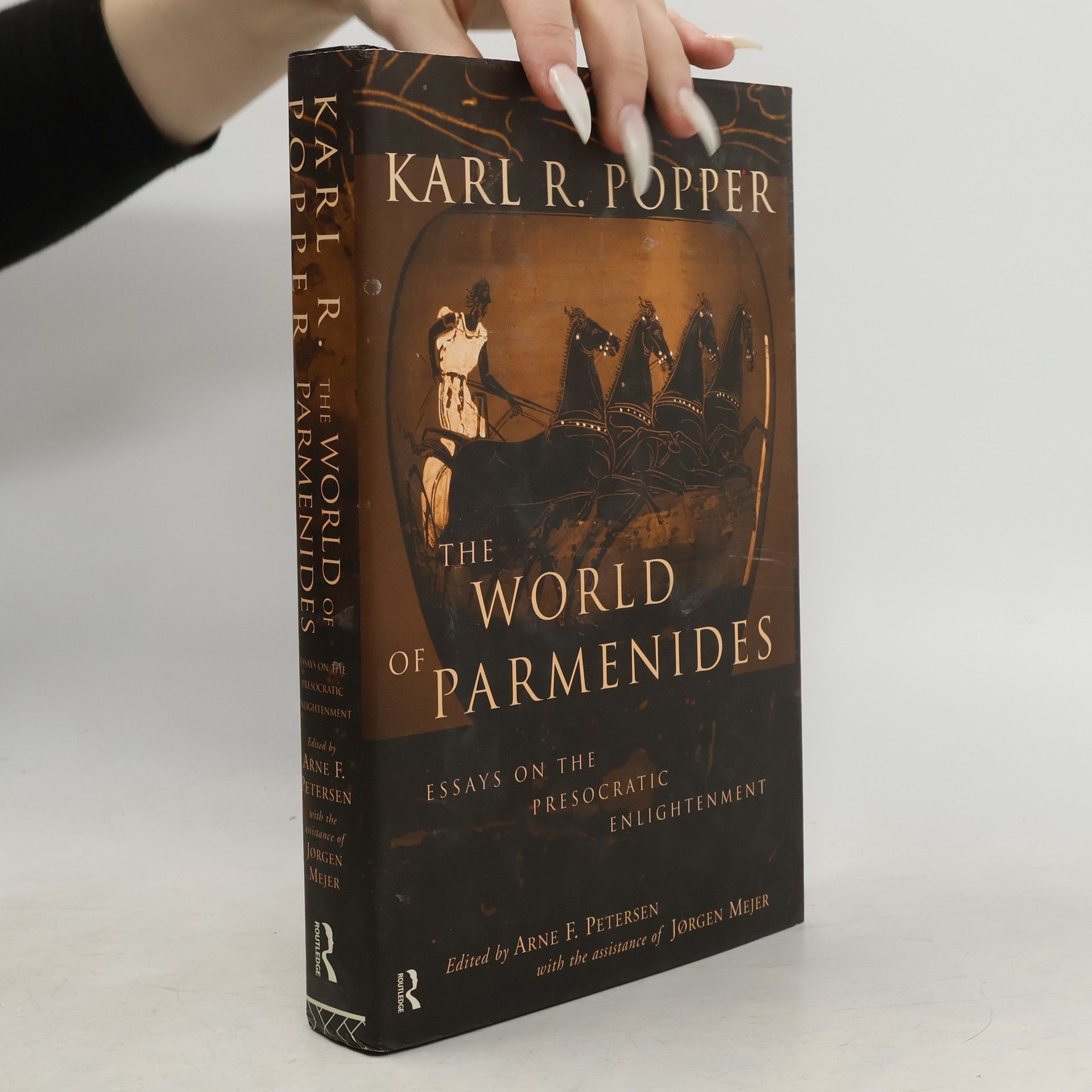After The Open Society
- 528 pages
- 19 hours of reading
In this long-awaited volume, Jeremy Shearmur collects the most important writings Popper made in the years after The Open Society was first published. Many are published here for the first time.
Karl Popper emerged as one of the most influential theorists and leading philosophers, commanding international audiences with his intellectual rigor. His work navigated a vast landscape of philosophical problems, spanning political theory, scientific method, and evolutionary thought. Popper notably challenged established orthodoxies such as logical positivism and Marxism, arguing that scientific theories are ultimately refutable rather than verifiable. He championed a critical ethos, emphasizing the acceptance of our ignorance and the vital importance of open debate in the pursuit of truth.







In this long-awaited volume, Jeremy Shearmur collects the most important writings Popper made in the years after The Open Society was first published. Many are published here for the first time.
Essays on the Presocratic Enlightenment
This unique collection of essays, published together for the first time, not only elucidates the complexity of ancient Greek thought, but also reveals Karl Popper's engagement with Presocratic philosophy and the enlightenment he experienced in his reading of Parmenides. As Karl Popper himself states himself in his introduction, he was inspired to write about Presocratic philosophy for two reasons - firstly to illustrate the thesis that all history is the history of problem situations and secondly, to show the greatness of the early Greek philosophers, who gave Europe its philosophy, its science and its humanism.
Quantum Theory and the Schism in Physics is one of the three volumes of Karl Popper's Postscript to the Logic of scientific Discovery . The Postscript is the culmination of Popper's work in the philosophy of physics and a new famous attack on subjectivist approaches to philosophy of science.
Conjectures and Refutations is one of Karl Popper's most wide-ranging and popular works, notable not only for its acute insight into the way scientific knowledge grows, but also for applying those insights to politics and to history. It provides one of the clearest and most accessible statements of the fundamental idea that guided his work: not only our knowledge, but our aims and our standards, grow through an unending process of trial and error.
The essays in this volume represent an approach to human knowledge that has had a profound influence on many recent thinkers. Popper breaks with a traditional commonsense theory of knowledge that can be traced back to Aristotle. A realist and fallibilist, he argues closely and in simple language that scientific knowledge, once stated in human language, is no longer part of ourselves but a separate entity that grows through critical selection.
Popper was born in 1902 to a Viennese family of Jewish origin. He taught in Austria until 1937, when he emigrated to New Zealand in anticipation of the Nazi annexation of Austria the following year, and he settled in England in 1949. Before the annexation, Popper had written mainly about the philosophy of science, but from 1938 until the end of the Second World War he focused his energies on political philosophy, seeking to diagnose the intellectual origins of German and Soviet totalitarianism. The Open Society and Its Enemies was the result. In the book, Popper condemned Plato, Marx, and Hegel as "holists" and "historicists"--a holist, according to Popper, believes that individuals are formed entirely by their social groups; historicists believe that social groups evolve according to internal principles that it is the intellectual's task to uncover. Popper, by contrast, held that social affairs are unpredictable, and argued vehemently against social engineering. He also sought to shift the focus of political philosophy away from questions about who ought to rule toward questions about how to minimize the damage done by the powerful. The book was an immediate sensation, and--though it has long been criticized for its portrayals of Plato, Marx, and Hegel--it has remained a landmark on the left and right alike for its defense of freedom and the spirit of critical inquiry.
First published in 1945 and never out of print, this is the second volume of one of the most famous and influential works of the twentieth century.
Based upon the Kenan Lectures that Popper delivered in 1969, this volume raises problems connected with human freedom, creativity, rationality, and the relationship between human beings and their actions.
Distinguished philosopher Karl Popper and Nobel prize-winning neuroscientist Sir John Eccles argue the case for a highly distinctive view of the relation of mind and body.
When first published in 1959, this book revolutionized contemporary thinking about science and knowledge. It remains one of the most widely read books about science to come out of the 20th century.